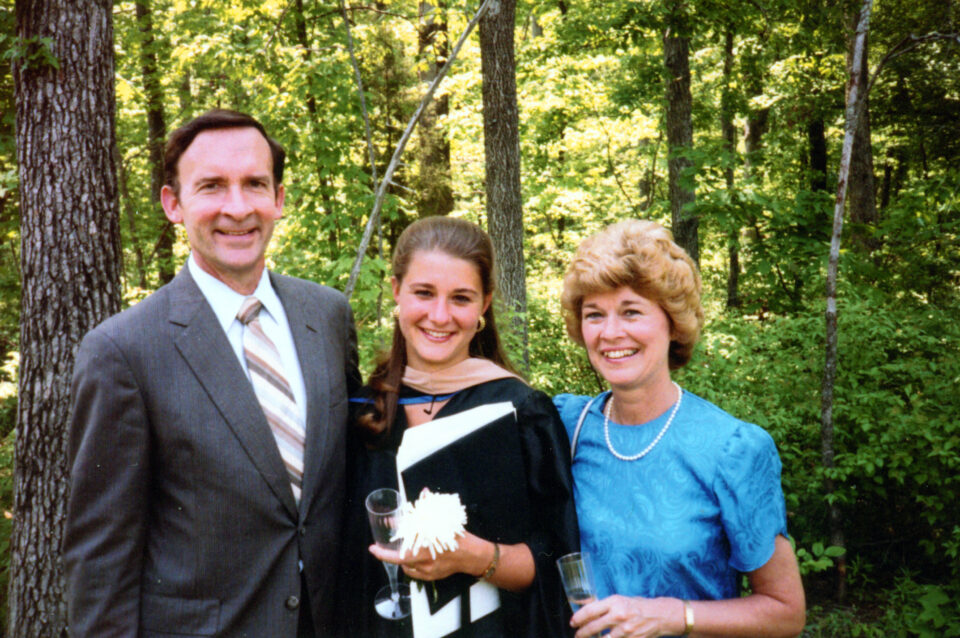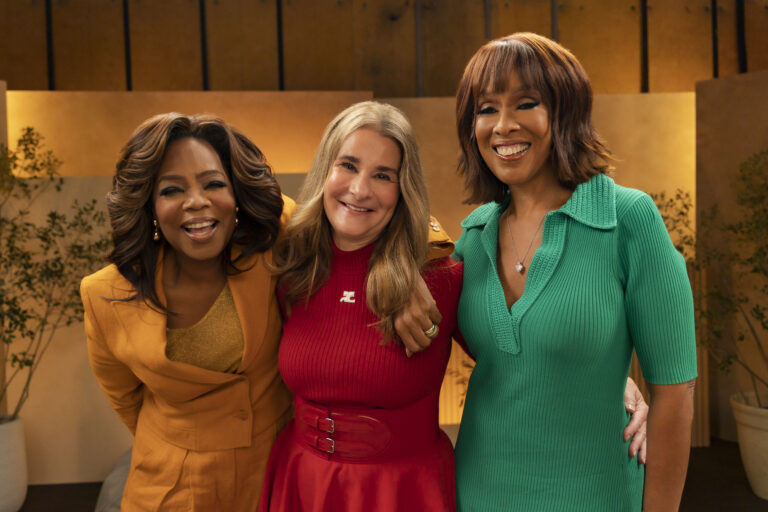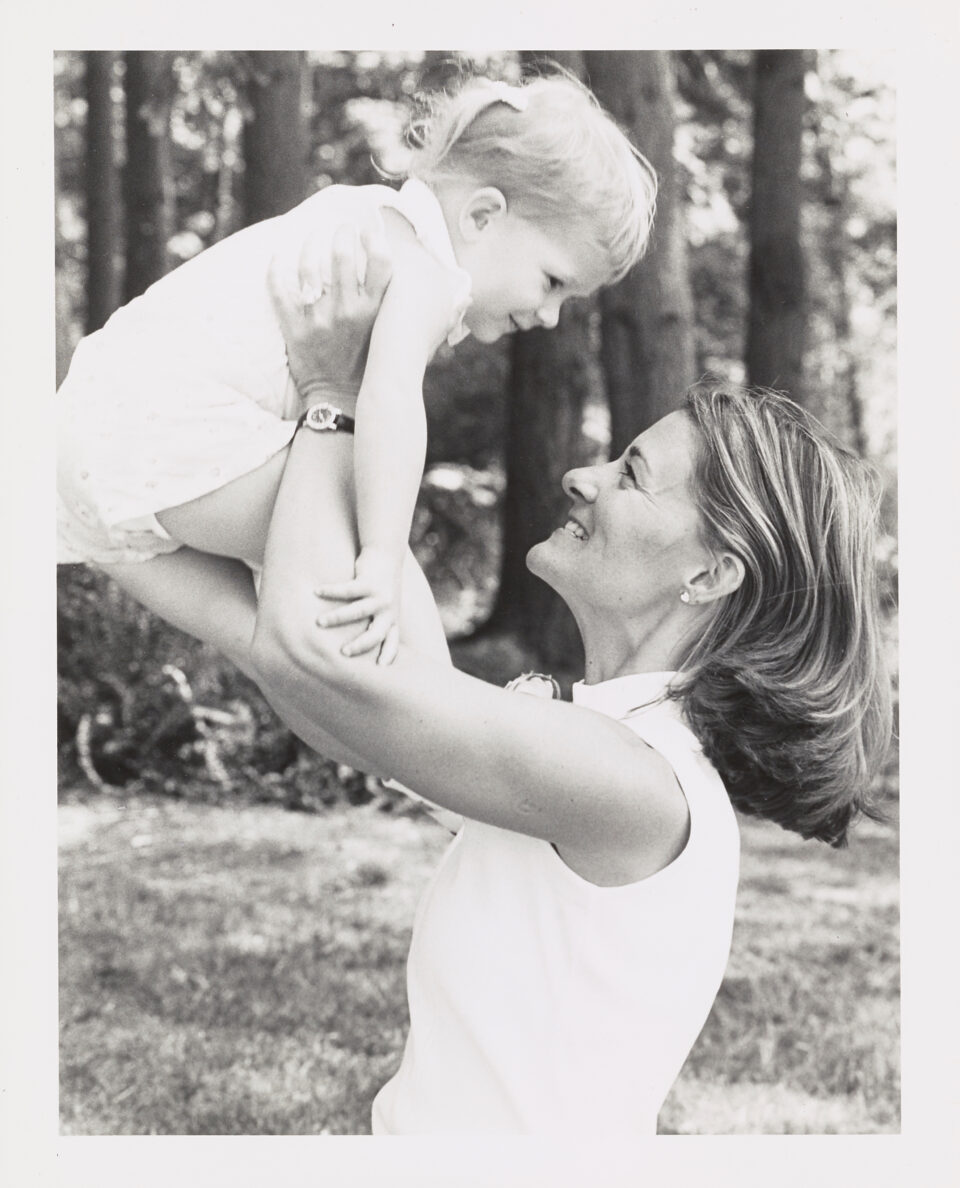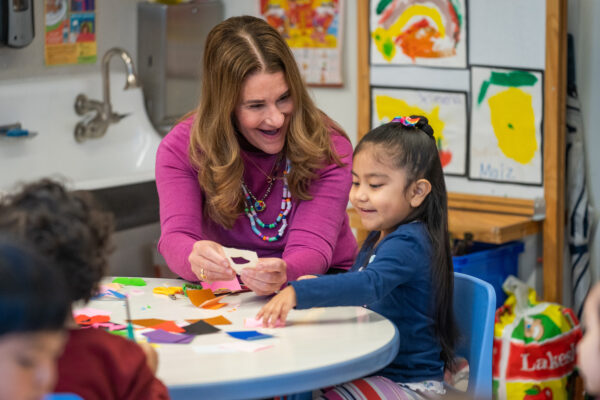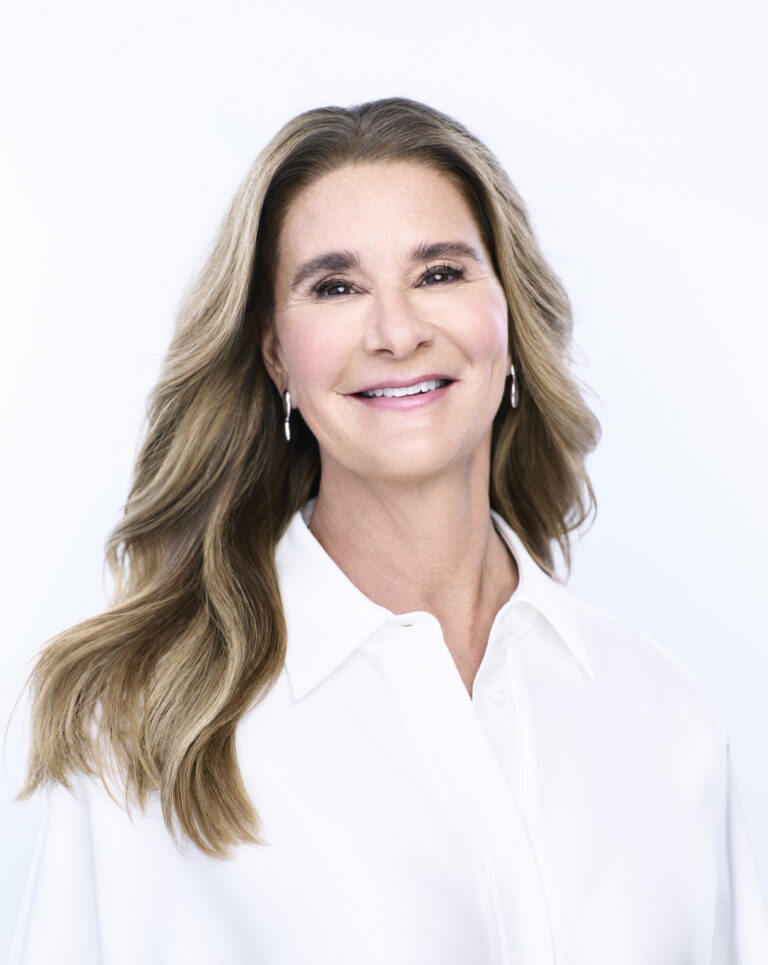
Melinda French Gates: Divorce, Departure, and a Billion-Dollar Shift
Image by Jason Bell
In May 2024 Melinda French Gates resigned from her position as co-chair of the Gates Foundation, which she held for 24 years. The decision made waves in the philanthropic world. At the same time, she committed a billion dollars over two years to support women’s and girls’ rights through her own firm, Pivotal Ventures.
French Gates learned the importance of gender equity early: her father was an engineer at NASA who hired women mathematicians to his teams after noticing that mixed groups achieved better results. Over the past quarter-century, she has used her voice and estimated $30 billion fortune to support women and girls, advance global health, and fight poverty worldwide.
But after pursuing perfection for years– in her career and personal life– everything changed. A confluence of factors, including a 2019 New York Times article that alleged her husband, Microsoft co-founder and former CEO Bill Gates, had contravened “not only [her] marriage but also [her] values,” led to her 2021 divorce. Three years later, Gates left her namesake foundation. In April, Gates published The Next Day: Transitions, Change, and Moving Forward, which details the major shifts in her life and the lessons she learned along the way. Here, she talks about her divorce, rediscovering her inner voice, and leaving the Gates Foundation.
Early Shifts:
People and lessons that shaped your beliefs and values.
INNER SHIFTS:
Experiences and events that changed you
A SHIFT IN PURPOSE:
How you’re living your values
SHIFTING GEARS
_____
Melinda French Gates is honored as part of The Shift’s “90 Plus One” list, which recognizes influential women shaping contemporary culture. With Gloria Steinem featured on the inaugural print cover, the list pays homage to her 91 years of activism by highlighting a powerhouse community of women shifting culture.



